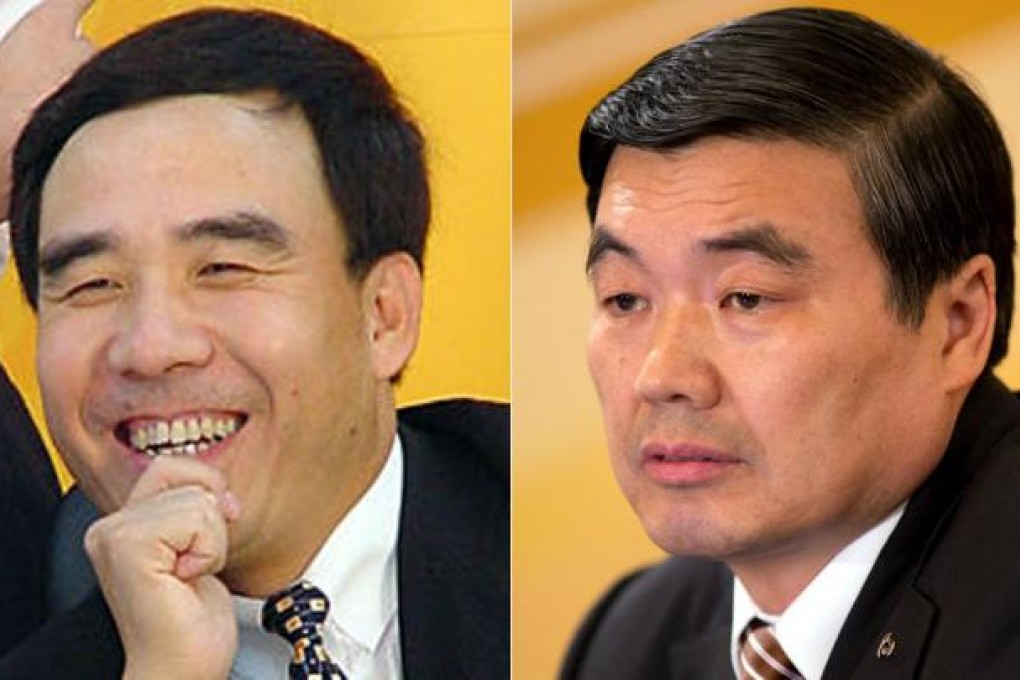Bocom chairman to take control at policy bank
Finance veteran and reformer expected to lend China Development Bank's backing to a wider range of companies looking to expand overseas

The chairman of the mainland's fifth-largest lender by assets will move to head China Development Bank (CDB), a policy bank and the major lender behind China's push for companies to expand overseas.
In the latest reshuffle in the financial sector after November's national leadership transition, Hu Huaibang, chairman of Shanghai-based Bank of Communications (Bocom), was appointed to replace Chen Yuan as CDB's chairman, people informed about the change said.
CDB was not available for comment yesterday. A source close to the bank said some senior executives there had been informed of Chen's upcoming replacement by Hu.
Some sources had speculated that Chen, 68, would stay on, in the same way Zhou Xiaochuan was retained as central bank governor. But the Communist Party's Organisation Department decided he should retire, the sources said.
Chen was appointed a deputy chairman of the Chinese People's Political Consultative Conference last month. Senior positions in the body are usually taken by retired cadres and officials.
Hu, 58, is a rare finance veteran with experience at various entities. He was dean of what was the Chinese Academy of Finance between 1999 and 2000, before taking positions at the People's Bank of China, the China Banking Regulatory Commission and sovereign wealth fund manager China Investment Corporation (CIC). He has been party secretary and chairman of Bocom since September 2008.
"Hu is widely regarded in the financial circle as a strong advocate of market reforms," an analyst with a leading Beijing-based securities firm said. "Many of his comments are sharp and right to the point."